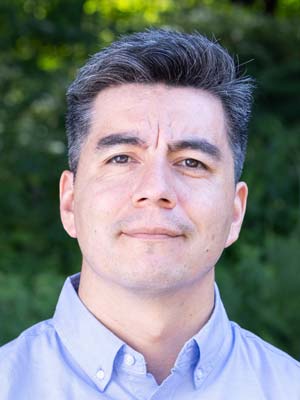What is a health educator?
According to the United States Bureau of Labor Statistics, a professional in this field:
- Promotes, maintains, and improves individual and community health by assisting individuals and communities to adopt healthy behaviors.
- Collects and analyzes data to identify community needs prior to planning, implementing, monitoring, and evaluating programs designed to encourage healthy lifestyles, policies and environments. For example, they may hold programs on self-examinations for breast cancer to women who are at higher risk or may teach classes on the effects of binge drinking to college students.
- Serves as a resource to assist individuals, other professionals, or the community, and may administer fiscal resources for health education programs.
- Works to encourage healthy lifestyles and wellness through educating individuals and communities about behaviors that promote healthy living and prevent diseases and other health problems.
- Attempts to prevent illnesses by informing and educating individuals and communities about health-related topics, such as proper nutrition, importance of exercise, how to avoid sexually transmitted diseases, and the habits and behaviors necessary to avoid illness.
- Takes the cultural norms of their audience into account. For example, programs targeted at the elderly need to be drastically different from those aimed at a college-aged population.
About the Program
Hofstra's graduate program prepares you to teach health education at all grade levels in public and private schools and leads to New York state teacher certification.
Careers in Health Education
Hofstra’s Master of Science program in Health Education prepares students to teach health education at all grade levels in public and private schools, and lead to New York state teacher certification. Utilizing an experiential approach to teaching, program faculty provide students with a strong and functional knowledge base, integrating technology and issues of diversity in all coursework. This program meets both the New York State Learning Standards for Health Education as well as the standards of the American Association for Health Education (AAHE).
In addition to certifying Health Education students to teach in the K-12 classroom setting, the MS also prepares students to become Certified Health Education Specialists.
Learn More About the CHES Exam
Health Educators can work in a variety of settings including:
- Federal, state, or local health agencies
- Corporate wellness settings
- Community health clinics and outreach education programs
- Advocacy agencies and private health organizations.
- K-12 classrooms in public and private schools.
Additional Information (according to the United States Bureau of Labor Statistics):
- 5 out of 10 health educators work in health care and social assistance, and an additional two out of 10 work in state and local government.
- A bachelor's degree is the minimum requirement for entry-level jobs, but many employers prefer to hire workers with a master's degree. Hofstra prepares its students to sit for the Certified Health Education Specialist (CHES) Exam, which grants licensure to qualified practitioners and assures employers that services are provided by professionals who have met national standards. Over the last several years, more employers indicate “CHES preferred” on health educator/health promotion positions.
Student Resources
Frequently Asked Questions
How and when are classes offered?
I am not certified as a teacher in NY. Which track option should I apply to?
How long will it take me to complete the MS program?
Are scholarships/financial aid available?
If I am certified in a related area, do I still have to student teach?
As a Track I student, can I obtain certification prior to earning a Master's?


